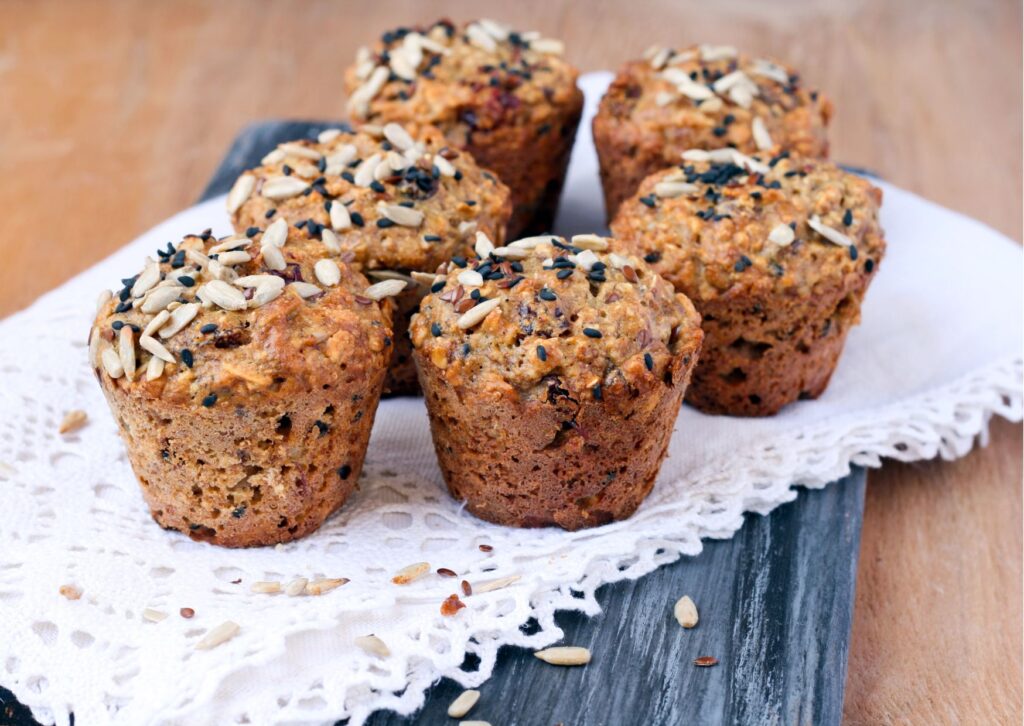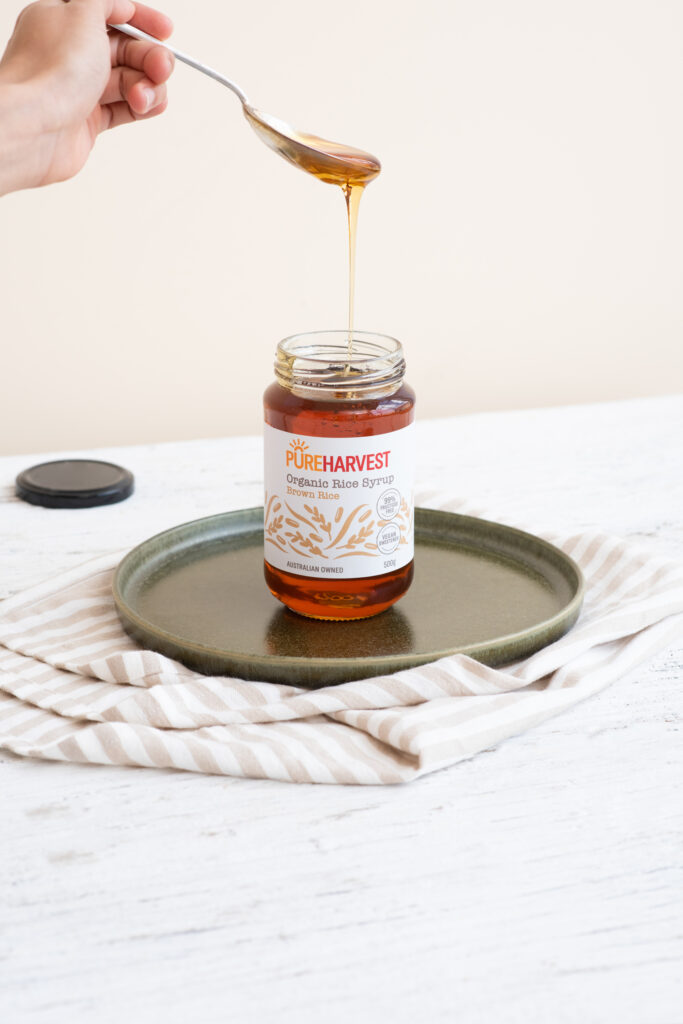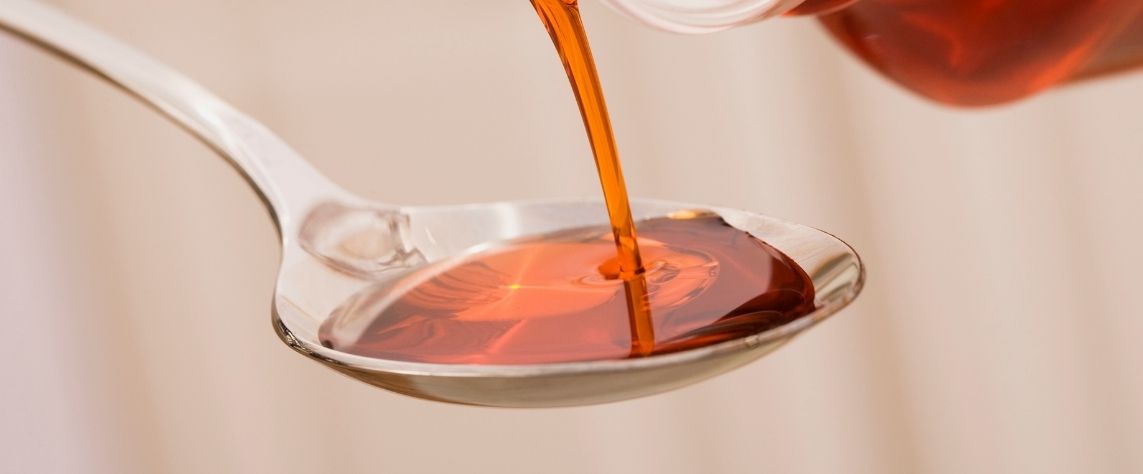
Natural Sweeteners
Everywhere we turn these days someone is saying something about sugar…. the good, the bad and the ugly. We thought today we would pick three of our favourite sweeteners and have a little discussion about why we love them and how they differ from one another.
First up, Organic Rice Malt Syrup
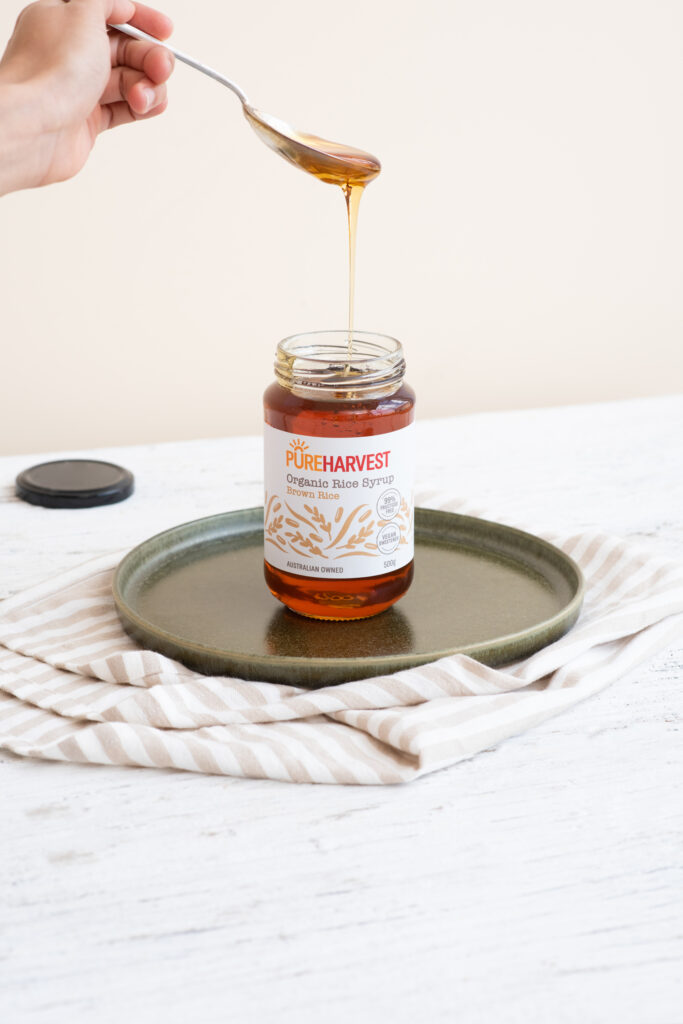
What’s the carbohydrate profile?
Rice malt syrup (RMS) is made from 100% organic brown rice. It is made through culturing rice with enzymes to breakdown the starches and then cooking until it becomes syrup. The final product contains soluble complex carbohydrates, maltose and a small amount of glucose. RMS is 100% fructose free.
Who’s it good for?
Great for people living a plant based diet
The perfect substitution for those looking to cut out fructose
When to use it?
In baking, substitute 1 cup sugar for 2/3 – 3/4 cup rice malt syrup and reduce the other liquid by 2-3 tbsp
Great in raw vegan desserts
To add a little extra sweetness to smoothies & drinks
Second, Organic Maple Syrup

What’s its carbohydrate profile?
Maple syrup is made from concentrating sap from the maple tree. Maple trees are tapped by drilling holes into their trunks and collecting the exuded sap. The sap is then heated and much of the water is evaporated to produce a concentrated syrup. Maple syrup is mainly made up of sucrose, as well as a little bit of glucose and fructose.
Who’s it good for?
Vegans
People trying to cut out refined white sugar
When to use it?
In baking, substitute 1 cup of white sugar with 3/4 cup of maple syrup, and reduce other liquid in recipe by 2-3 tbsp
Drizzled all over your breakfast!
It’s great in homemade chocolate, the rich maple syrup flavour pairs incredibly well with cacao.
Third, Organic Raw Honey
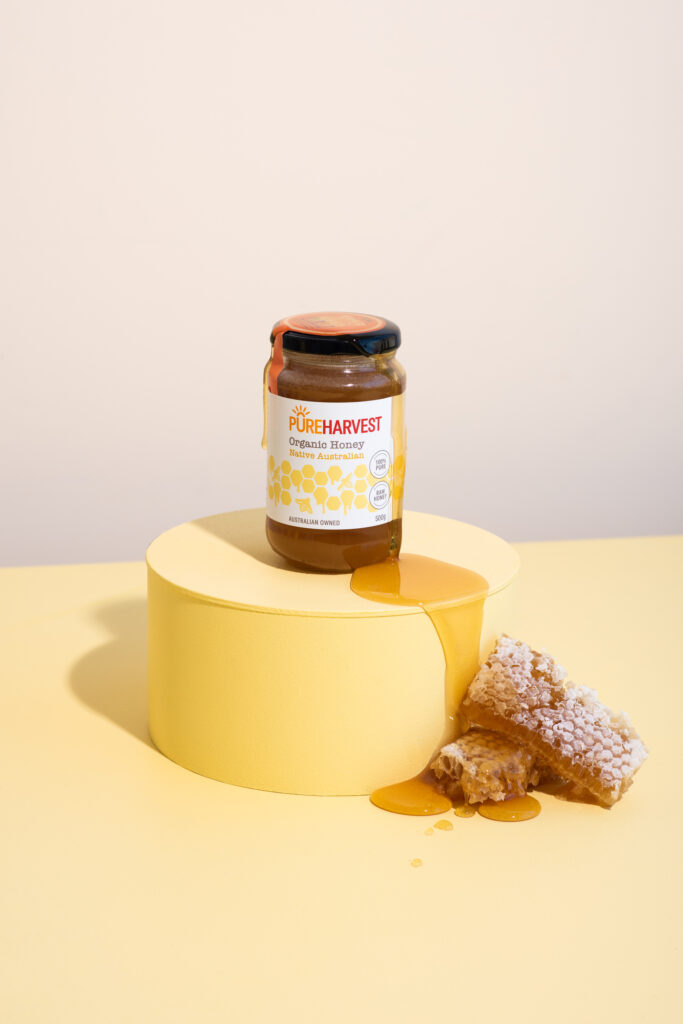
What’s its carbohydrate profile?
As we all know honey is produced by bees. It is produced from the sugary secretions of plants or insects, such as nectar. The sugar plant secretions are regurgitated by the bees to produce the honey. Honey is made up of glucose and fructose.
Who’s it good for?
People looking for a more natural sweetener that comes directly from nature
Raw honey is great for people looking for a natural sweetener that has not been heat treated
Individuals living a raw plant based diet.
When to use it?
For baking, substitute 1 cup of sugar with 1/2 to 2/3 cup honey, we also recommend reducing other liquid in the recipe by 2-3 tbsp
Honey has a great antibacterial properties, particularly Manuka honey so is great to include in your diet
Great in porridge to add a little extra sweetness
Great for baking, particularly in cakes and muffins
